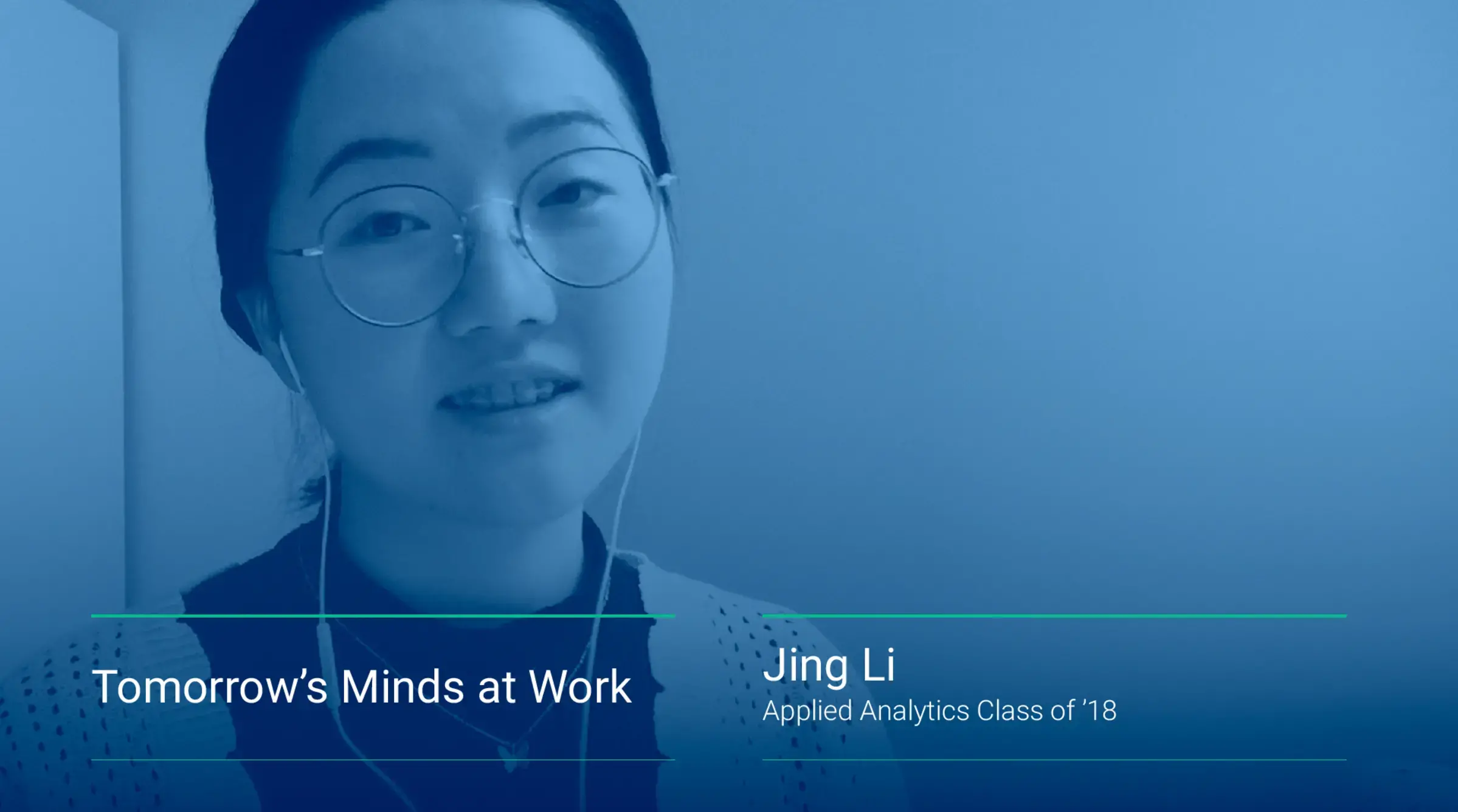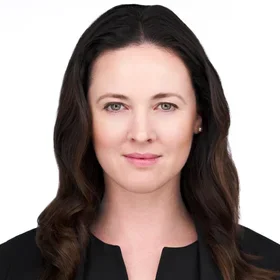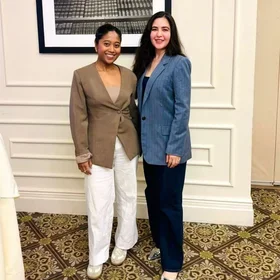Now a Software Engineer at Google, Jing Li, '19SPS, Applied Analytics, credits the vast majority of her career opportunities to connections, many of which she continues to tap into through Columbia’s M.S. in Applied Analytics program.
Why did you want a degree in Applied Analytics? Why from Columbia?
What makes this program stand out is the networking! You’ve got to connect with Columbia alumni! Most of my job offers were through connections. I think students can enjoy that benefit even if they’re taking classes virtually.
I knew I wanted to go into the data science industry because my undergraduate degree was in mathematics. I’d joined applied mathematics projects like AI, completed a Tencent internship and so I thought it was an interesting field. But I wanted to learn more about data science, specifically. When it came time to select a program, I knew that Columbia is very prestigious; it’s an Ivy League school and it’s in New York. For job-seekers who are immigrants, location is important and, of course, the reputation of the school.
How has Columbia helped to facilitate your networking and job hunting?
I can’t speak any higher on the importance of creating and maintaining connections for your career! More than 95% of opportunities I got were through connections. Yes, you study hard, you apply for jobs or attend conferences, but ultimately, opportunities are always because of support from other people. Both my current position at Google and winning Marsh’s Hackathon last year are because of Columbia connections.
A professor in the Storytelling with Data class told us about the Hackathon. Two classmates and I entered with the expectation to just have fun; we never expected that we’d be able to win it, but we did! We adapted what we learned in class; we connected with the audience by speaking in terms they understood. I credit that entire experience to my professors.
Both my current position at Google and winning Marsh’s Hackathon last year are because of Columbia connections."
Without meeting a fellow Columbia graduate, I wouldn’t have been at Google! I’d reached out to a Columbia graduate who told me about the Grace Hopper Celebration Conference, the most important conference for girls and women in technology; almost any company — you name it — would be at that conference. After I attended the conference, a recruiter reached out to me about my current position. It wasn’t my plan at all to be a software engineer; I wanted to be a data scientist. However, when the recruiter reached out to me, I thought, “Why not give it a shot?”
A suggestion I would give to a prospective student is to be open-minded. Applied Analytics is a very versatile program. It prepares you to go in many different directions as long as it’s data-related. There are roles like consultant, data analyst, data scientist, statistician and even business analyst that you can fill with Columbia’s M.S. in Applied Analytics. The electives are diverse, allowing students the freedom to hone in on their specialty and unique career path.
Although I didn’t directly get an interview through Columbia’s career services, they did develop the mindset of being prepared for the next job opportunity. For example, I create my own to-do list for job hunting using their guidance and resources.
There are roles like consultant, data analyst, data scientist, statistician and even business analyst that you can fill with Columbia’s M.S. in Applied Analytics. The electives are diverse, allowing students the freedom to hone in on their specialty and unique career path."
What was your Columbia experience like as a student from China? What advice would you give to students from China?
It’s best if you know what your goals are as a Chinese student coming to SPS. Many students from China want to go back after graduation. But some will want to stay in the U.S. The strategies for these two groups of people should be very different.
As I said before, connections are important. So if you are pretty sure that you’ll go back to China, it’s okay to not as proactively find local connections. I think it’s more of a way to have fun and explore to better understand the local culture while you’re in the U.S. So, in that case, it’s okay to spend more time with people from your area in China because when you return, those connections could help you pave your career path in China.
But if you want to stay and work in the U.S., then you have to get out of your comfort zone. English is not my first language and there is a barrier in communicating. But trying helps you to be more confident. I wasn’t confident in my English at first, but you can gain confidence through volunteering experiences. You can talk to the Career Design Lab. Depending on what you want, you should adjust your strategy.
[T]here are some companies that only come to the top schools and that’s something you don’t always realize... As a Columbia student, you get the opportunity to be exposed to a wider range of opportunities."
What does it mean to you to be a member of the Columbia SPS community?
It’s like your country; when you go abroad, you say, “I am from the U.S.” You are proud of it. It’s that same feeling when I tell others that I am from Columbia. We have WeChat groups for Columbia alumni and students and that’s where we not only share Columbia resources with each other, but also share in our experiences; those are the small things that I appreciate. I remember one time I was conversing with a student from another university; the company that she wanted to work for only comes to Columbia, not her university! Her university is very good, but there are some companies that only come to the top schools and that’s something you don’t always realize as a Columbia student or graduate. They come here and it’s easy to think that’s normal and they go everywhere, but that’s actually not true. As a Columbia student, you get the opportunity to be exposed to a wider range of opportunities.



